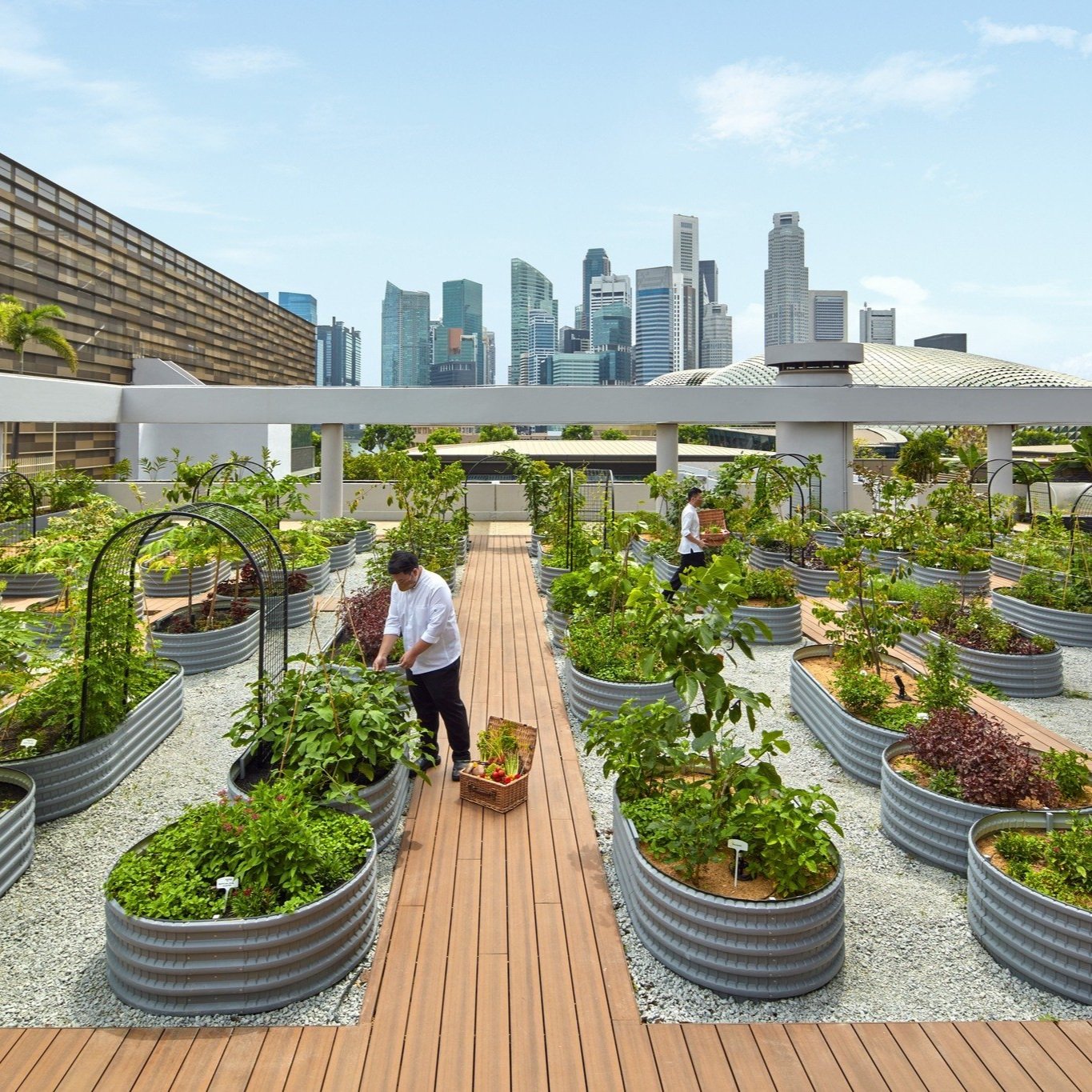
How to Empower Your Team to Champion Sustainability in the Hospitality Industry
A simple yet powerful shift towards sustainability can transform your business into an eco-friendly powerhouse. But this isn't just about swapping plastic straws for paper or reducing water usage. It's about building a team that understands and embraces the core principles of sustainability — a team that is ready to lead a sustainability revolution in hospitality and tourism.
And this journey begins with effective sustainability training for your employees — equipping your staff with the necessary knowledge and tools to drive this change.
But how can you cultivate this holistic mindset within your team to meet the growing demand of eco-conscious guests, stand out from the crowd, and put your business on the right track to a sustainable future?
We interviewed hospitality industry leaders, educators, and practitioners to shed light on this topic.
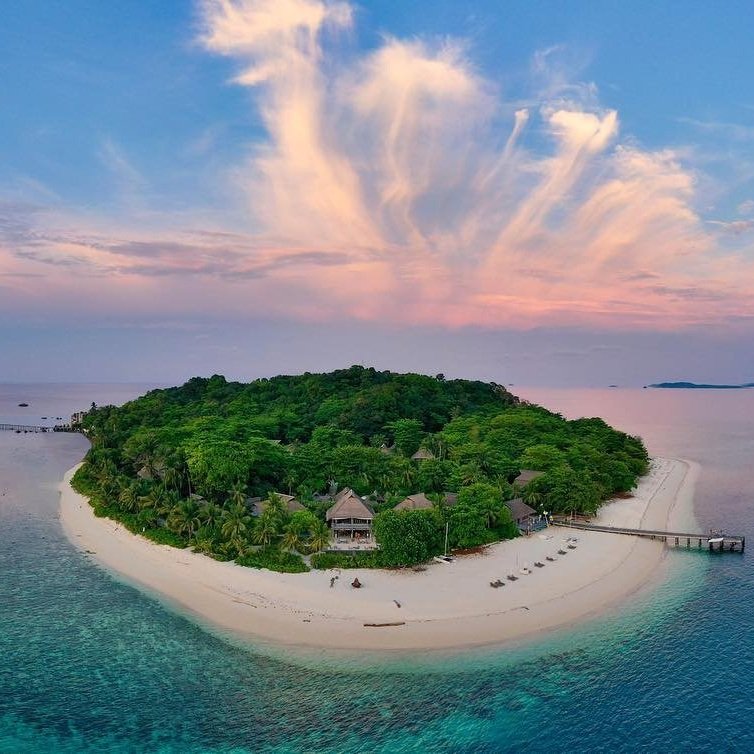
A Former Banker Bought an Island in Indonesia to Build a Retreat. What Happened Next Had Ripples of Positive Impact.
Initially seeking an island getaway from Singapore for his weekends, Andrew fortuitously stumbled upon the serene east coast of Bintan.
In 2004, Andrew embarked on an audacious adventure, joined by a handful of daring friends, as they set their sights on acquiring Nikoi Island.
Their shared aspiration was to create an idyllic sanctuary, a respite from the frenetic pace of Singapore, where individuals could reconnect with nature and embrace simplicity.
Although not formally trained in hospitality, Andrew possessed a deep understanding of what he desired as a discerning customer. He assumed the role of an empathetic guest to meticulously create an experience that resonated with his own heart.
What Andrew started has had a ripple of positive impact on the lives of so many including his 200-strong staff and the communities around the two islands.
Today, Nikoi Island is a Global Ecosphere Retreats®, the highest level of membership in The Long Run community, and Cempedak Island is a Fellow Member. Andrew and his team continue using The 4C Framework, centered on Community, Culture, Conservation, and Commerce as their guiding sustainability approach.
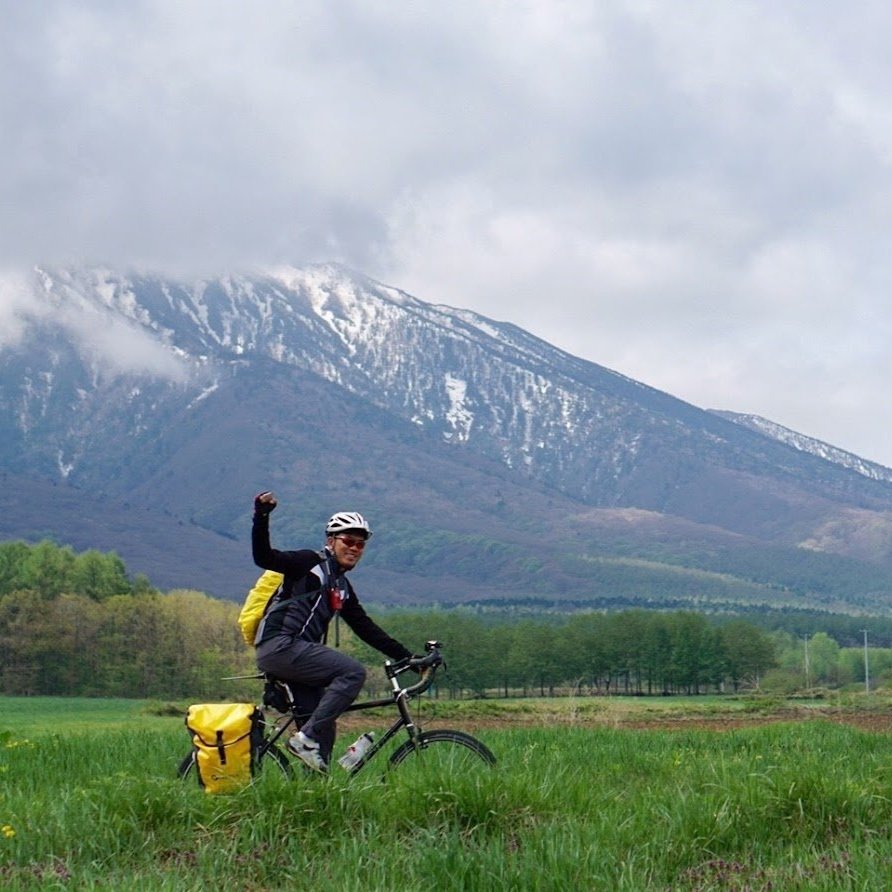
From Zero to Hero: The Journey of a Sustainable Travel Startup in Asia
Every hero's journey begins with a call to adventure, and for Nantapol Khaimuk, this call came from an unlikely place: a career in finance and banking. Like many business and finance graduates, he found himself striving towards the common career goal of working for a globally recognized consumer bank. But as he sat behind his computer screen day after day, he began to yearn for something more.
Inspired by his passion for travel and outdoor activities, Nantapol decided to shift from finance to adventure. The nature of banking, with its rewards heavily dependent on outside factors, wasn't aligning with his desired lifestyle. He longed to be outdoors, to travel, and to find a way to earn from this passion.
The decision to start his own business was both risky and exciting, but it allowed him to put his educational background and personal interests to the test. It was an unconventional beginning, a leap into the unknown.
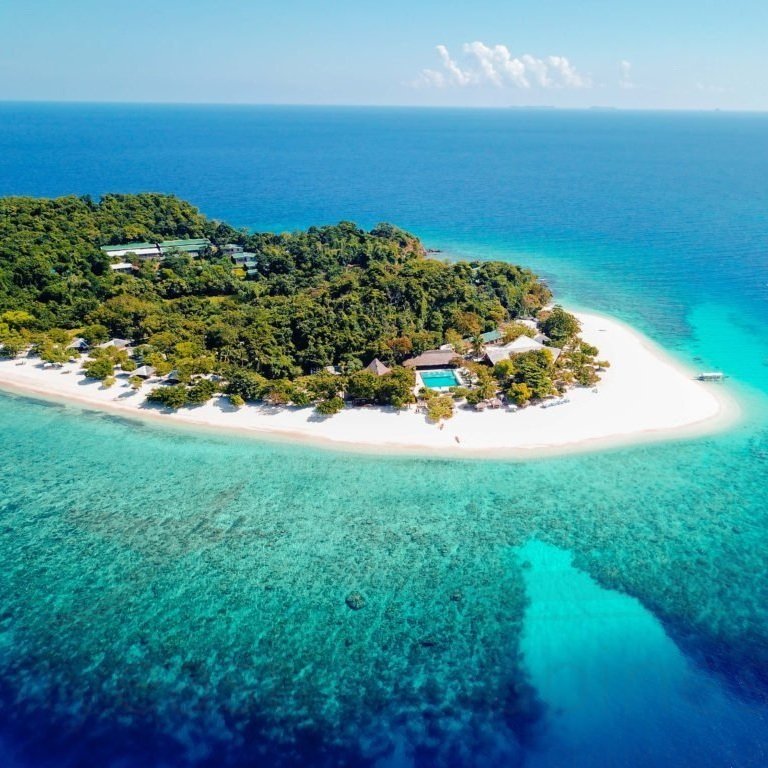
Paradise Reimagined: Club Paradise Palawan's Sustainable Journey
In the heart of the breathtakingly beautiful Coron, Palawan, Philippines, where turquoise waters meet lush green landscapes, exists a small island that has been on a remarkable journey to sustainability — Club Paradise Palawan.
Over the years, the resort has not only achieved a harmonious balance between providing a luxurious guest experience and ecological stewardship but has also established itself as a pioneering model of sustainable tourism and gained recognition as one of the world's top sustainable destinations.

Five Key Insights from the World’s Leading Responsible Tourism Experts
Every year, The Long Run, the premier global membership community of conservation-led tourism businesses, assembles to celebrate its mission to safeguard ecosystems for the well-being of all.
The 13th Members’ Annual Meeting, hosted by Nikoi Island and Cempedak Island in Bintan, Indonesia, was a testament to the commitment of over 50 members and guests to create resilience through diversification, collaboration, and long-term planning.

How Weeva Is Reshaping Sustainable Tourism
While responsible for approximately 11% of global greenhouse gas emissions, the tourism sector also provides employment for around 10% of the world's population. This vast community has the potential to make a significant impact. Accurate and holistic data collection plays a crucial role in this endeavor.
Enter Weeva, a Software-as-a-Service (SaaS) platform designed to empower tourism businesses to monitor its impact and drive change.

Unlocking Success in Sustainable Travel in Asia: The 4C Framework
Asian travelers, increasingly impacted by the stark realities of the climate crisis, are becoming more mindful of the environmental and social footprint of their travel choices.
This calls for a swift transition towards sustainable tourism practices among Asian governments, businesses, and travelers alike.
We will explore the 4C strategic framework, supported by real-world case studies and industry best practices, that can help your brand resonate with these increasingly significant market segments.
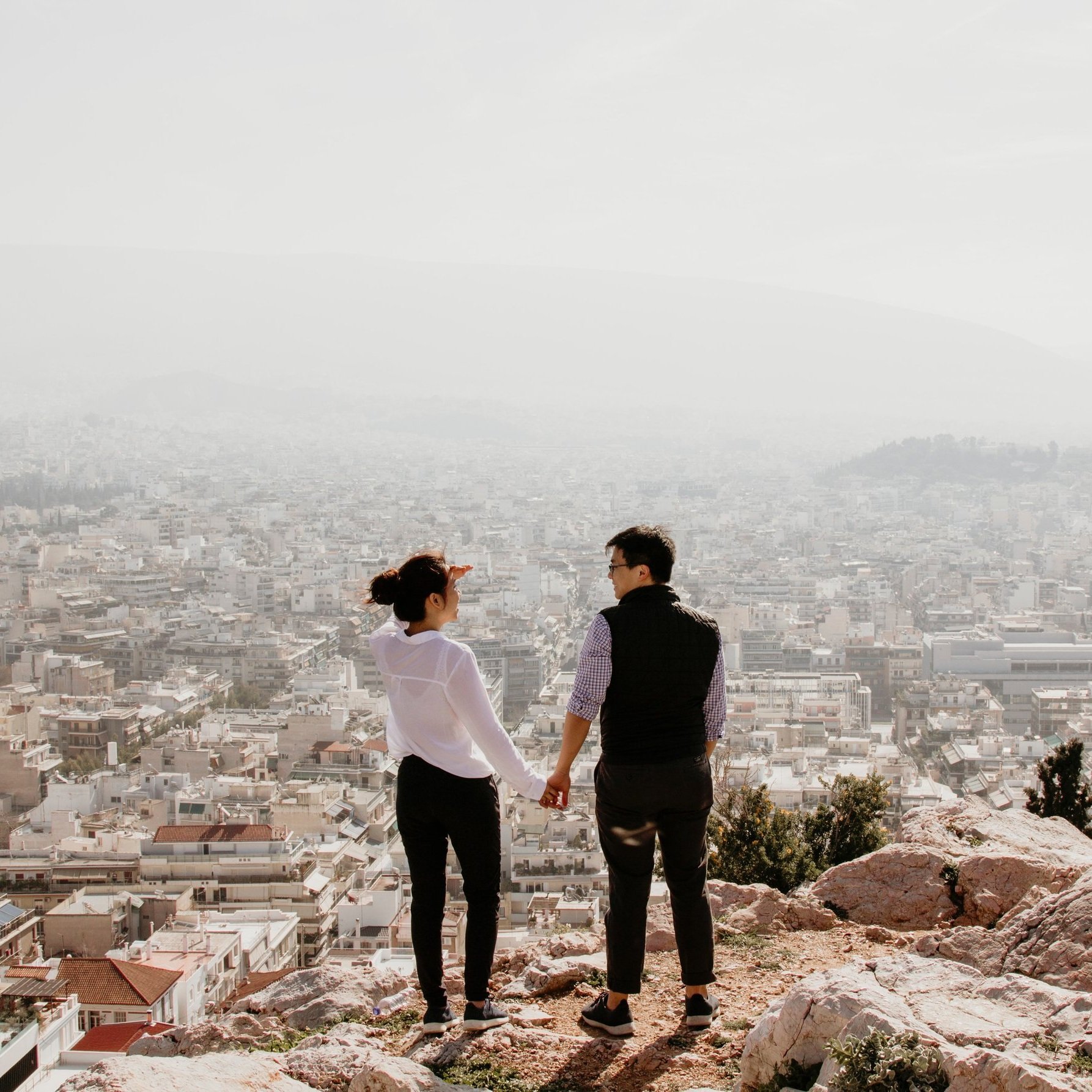
Unlocking Sustainable Travel: Slow Down, Stay Long, and Tap into Asia’s Pivotal Role
In today's fast-paced world, the allure of instant gratification often overshadows the beauty of the present moment. Slow travel, an antidote to this rush, invites us to savor the magic of a destination. It aligns perfectly with sustainability by encouraging immersive experiences over hurried checklists or bucket lists.

5 Essential Campaign Building Lessons for Sustainability Marketers from Barbiemania
Ever felt like you've been living under a rock for missing out on Barbie's cinematic takeover this summer?
Well, if you're a marketer, you know this phenomenon holds more wisdom than meets the eye.
As marketers ourselves, we were captivated by the media and digital media storm around the Barbie movie release. In a summer riddled with climate disasters, Barbie still stole the show.
It's a masterclass in attention-grabbing.
Barbie's marketing team is the real winner here for painting the world pink, making her the talk of towns from Colombo to Columbus.
We are here to deep dive into the marketing and movement-building lessons that we as sustainability marketers and climate advocates can learn from Barbiemania.

Tour Operators: Vanguards of Change for the Travel Sector in Times of Uncertainty
In an era where sustainability has become existentially important, the travel and tourism sector finds itself at a pivotal crossroads: innovate or stagnate, or worse yet deteriorate.
Beyond producing viral Instagram posts and Tiktok reels about dreamy destinations, tour operators can serve as industry stalwarts to orchestrate a harmony of business innovation, social responsibility, and environmental conservation.
Tour operators' ability to innovate, educate, and lead by example will shape the trajectory of travel. But some may wonder where to begin.
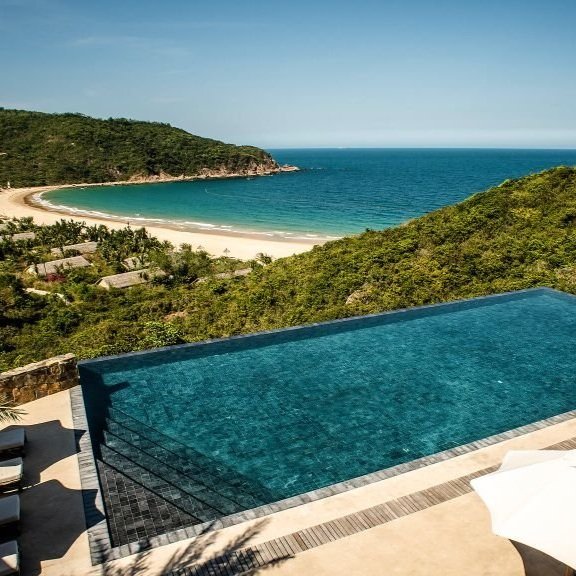
Sustainable Luxury: An Oxymoron or Consequential Bedfellows?
Critics argue that the very existence of the sustainable luxury concept is an oxymoron as the industry is often associated with high levels of consumption and resource use contributing to carbon emissions and ecological degradation. At the same time, many in the luxury sector believe that they can be the catalyst of change. With their significant influence and affluent clientele, these brands have the power to set trends and shape consumer behavior.
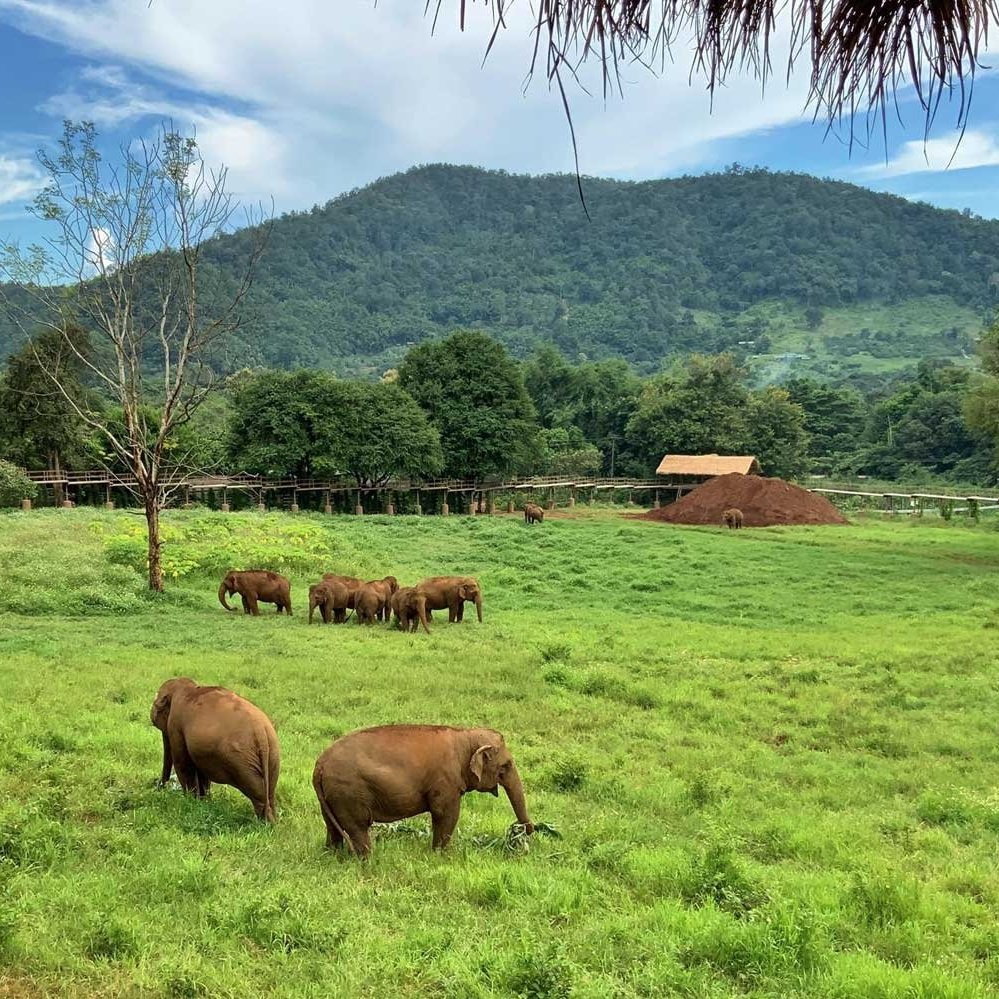
Harmonizing Human Encounters & Conservation in Wildlife Tourism
Asia is a popular destination for wildlife tourism. From the majestic Asian elephant to the mighty Indonesian Komodo dragon, from the iconic Bornean orangutan to the regal Philippine eagle, the continent is full of breathtaking wildlife encounters that draw tourists from around the world. And yet, these opportunities come with great responsibility for hospitality and travel professionals to ensure that these wildlife experiences are ethical and sustainable.
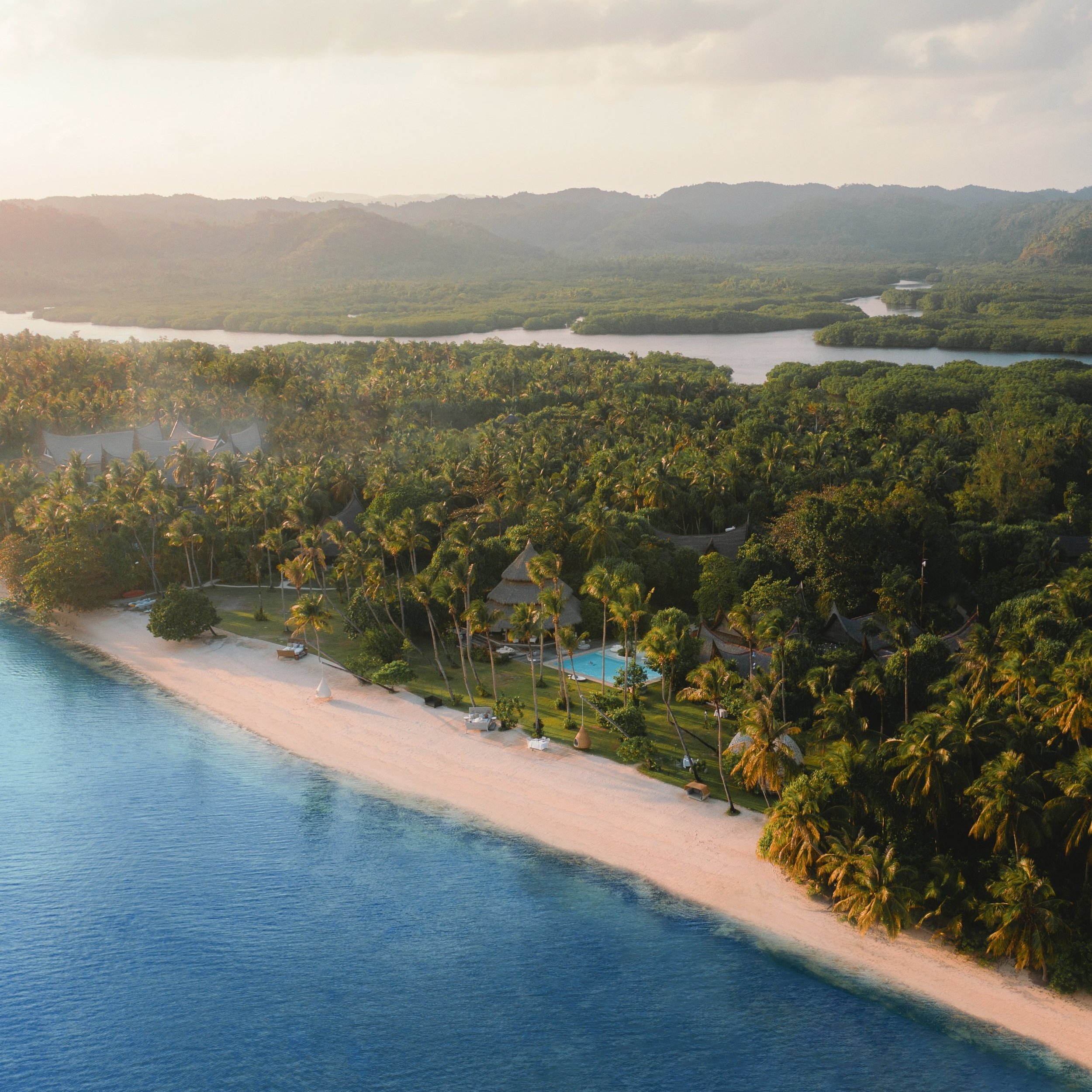
Why The Future of Luxury Hotel in Asia Could Be 'Barefoot'
The travel and hospitality industry has witnessed a remarkable shift in recent years as a new kind of luxury experience emerges — one that celebrates sustainability, environmental consciousness, and a deep connection with nature without compromising on comfort or style. This emerging philosophy, known as "barefoot luxury," is redefining the traditional notion of luxury travel in Asia.

Struggling with Telling Your Brand’s Sustainability Story? Steal These Ten Tips
A sustainability management platform can help monitor and measure sustainable practices and make a real difference to your hospitality business.
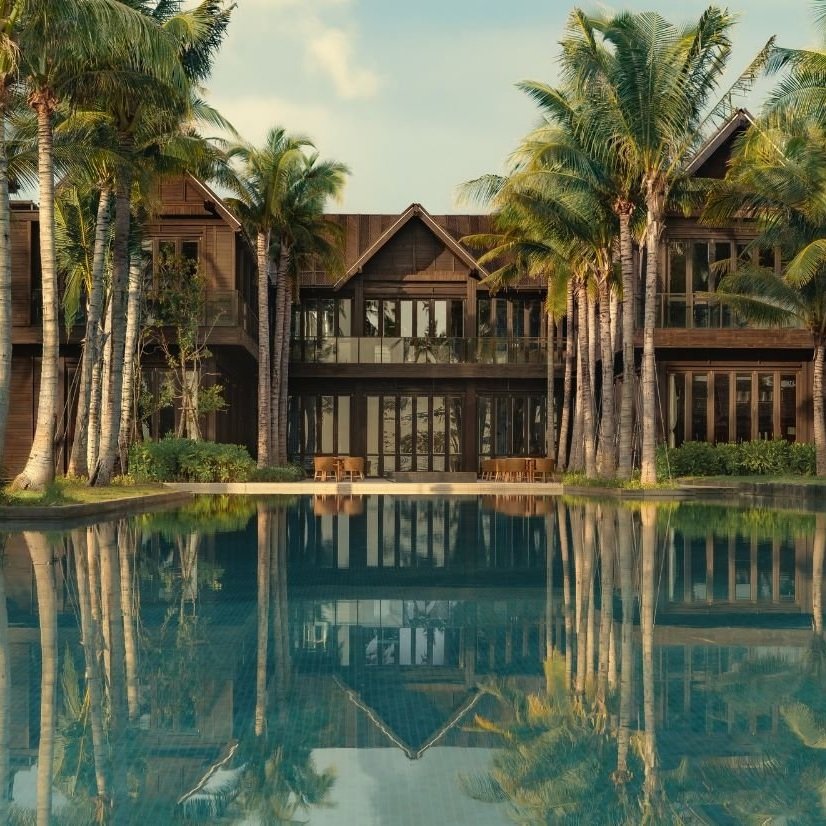
Can a Sustainability Management Platform Transform Your Hotel?
A sustainability management platform can help monitor and measure sustainable practices and make a real difference to your hospitality business.
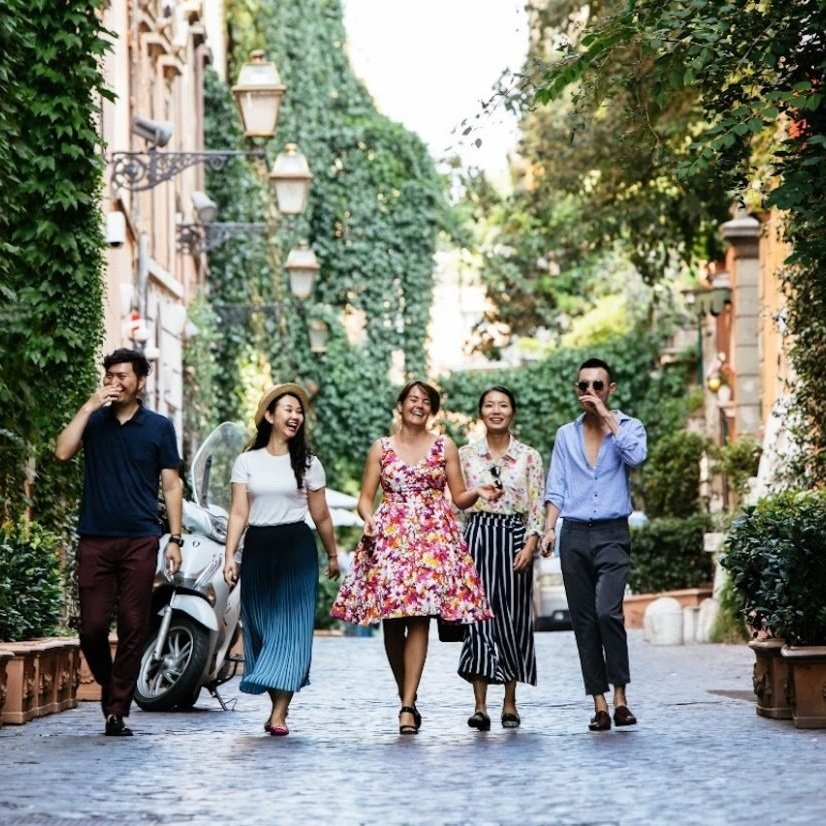
Caution Against or Cheer For the Return of Outbound Chinese Travelers?
A palpable opportunity for responsible tourism with the Chinese travelers waiting to be unlocked.

